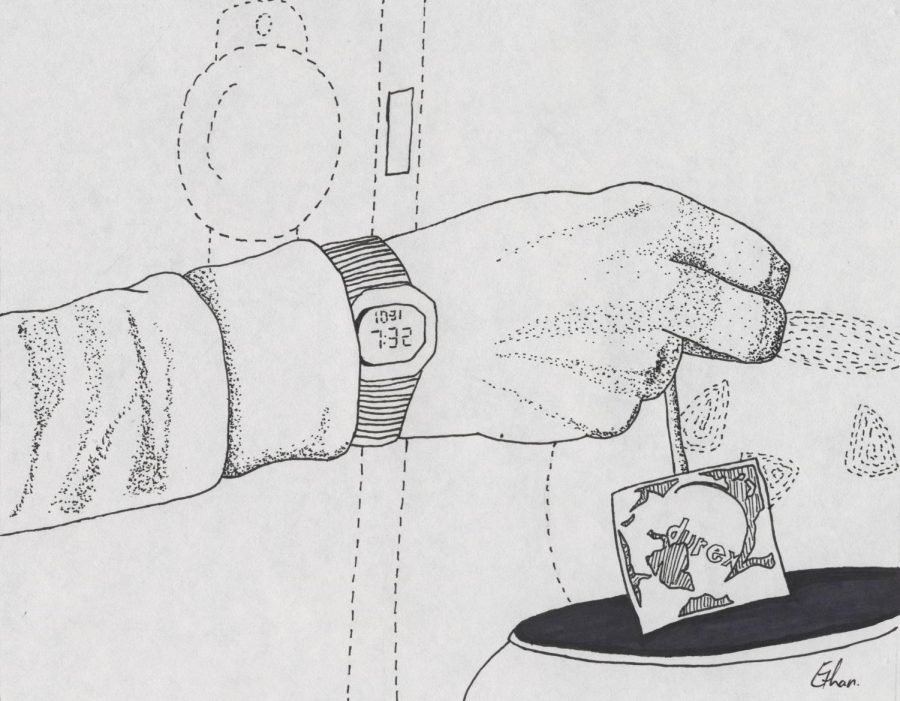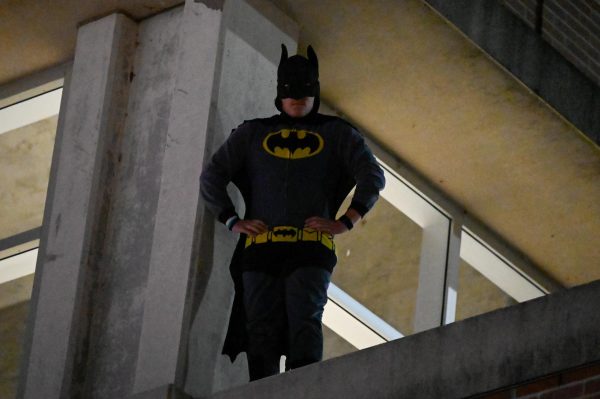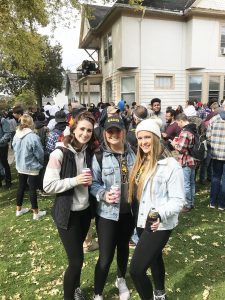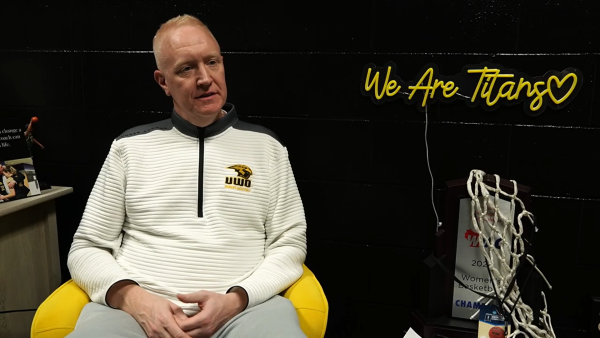Student sexual health is important
By Ethan Uslabar
The UW Oshkosh Health Center offers many health care services to students including services related to sexual health.
As young adults, sexual education and health is important for students to know in college but also in high school.
Kristin Walker, K-12 Oshkosh Area School District health coordinator, said the schools in Oshkosh work to provide as much sexual education as they can to students.
“We talk about their bodies changing, sexually transmitted diseases, abstinence and birth control,” Walker said. “We talk about everything.”
Walker said they discuss sex in depth and what comes with it once a student decides to take that step.
“I think we have a broad spectrum of what we have to talk about and what we do talk about,” Walker said. “We talk about the legal ramifications and the law, dealing with being sexually active; we talk about media; we talk about emotional changes.”
The school district also has speakers come in from Reach Counseling and Christine Ann Domestic Abuses Center and offers suggestions for counselors if needed.
Although Oshkosh schools provide an in-depth education on sexual health, that may not be the case everywhere.
UWO freshman Madison Signor said her high school sexual education classes were fine despite being broad.
“They were pretty good,” Signor said. “I mean they weren’t in depth but they were pretty good overall.”
UWO senior Danielle Beelow said her experience of sexual education in high school was very brief.
“It was kind of broad and short,” Beelow said. “I don’t really remember it because it was kind of irrelevant.”
Fifth-year student Sarah Leverance said her sexual education came more from friends and not a class.
“I had one sex ed class when I was in ninth grade. It was awkward and uncomfortable,” Leverance said. “Everything else I basically either learned from friends or through other people.”
UWO Health Promotion Coordinator Juliana Kahrs said the Student Health Center focuses on sexual education in April the most.
“We do regular sexual health education every year during April because during that time, the Student Health Center usually provides free STI testing for a week in April,” Kahrs said.
Outside of April, Kahrs said Student Health 101 and the Red Zone talks are also ways they teach sexual education on campus.
One topic they have discussed is on healthy relationships.
“This is what defines sexual violence but here’s the opposite, here’s what a healthy
relationships looks like,” Kahrs said. “That may or may not include sex or sex acts but it’s still important to have decided your own boundaries and if you are going to take that step, what are the things you should be considering.”
According to the “NCHA-II Web Spring 2018 University of Wisconsin Oshkosh” report, about half of the student population had one sexual partner in the last year. 52.2 percent of students had participated in oral sex, 56.3 percent had participated in vaginal sex and 5.5 percent had participated in anal sex within the last 30 days of the study.
However, UWO students have a higher average use of contraceptives than the national average of 55.9 percent of students as of 2017 at 64.2 percent.
In addition to sexual education, the health center also provides birth control, pregnancy tests, emergency contraception and Badgercare.
The campus provides cheaper options for students including emergency contraception, which can be $50 at a Walgreens or CVS but only $20 at the health center.
Kahrs said the student health advocates at the center provide a more personal experience for students.
The student health advocates will answer questions and provide further resources if a student chooses to take birth control.
“The reason that it’s a benefit to get it from a health advocate instead of going to the store is that student can educate you,” Kahrs said. “If you go to the store and buy it, you’re just trying to get in and out.”
Kahrs said the questions help a student decide which is the best form of birth control for them.
“It’s more about knowing the different types of birth control and if you actually want one, what are the things you should be considering in what type is best for you,” Kahrs said.
Students are overall grateful for everything the school provides to them.
Signor said she likes how much the school provides for students.
“I think that it’s really good that the health center has a lot of stuff, and I know in Evans Hall they offer like condoms, of the male and female variety and birth control pills,” Signor said.
Leverance said she and her friends utilized the free testing through the health center and that there are more things for students than in high school.
“I know my freshman and sophomore year in college in the dorms, there was always condoms available,” Leverance said. “Your community adviser was always helpful if you had any questions.”
Although there are a lot of services provided, Beelow said the school should work on promoting the services more.
“Maybe they can have more informational talks or seminars and have stuff around campus that reminds students that they have this stuff,” Beelow said.
Although high schools do briefly educate students on sex, the education and services provided on campus should be acknowledged and utilized by all students.











